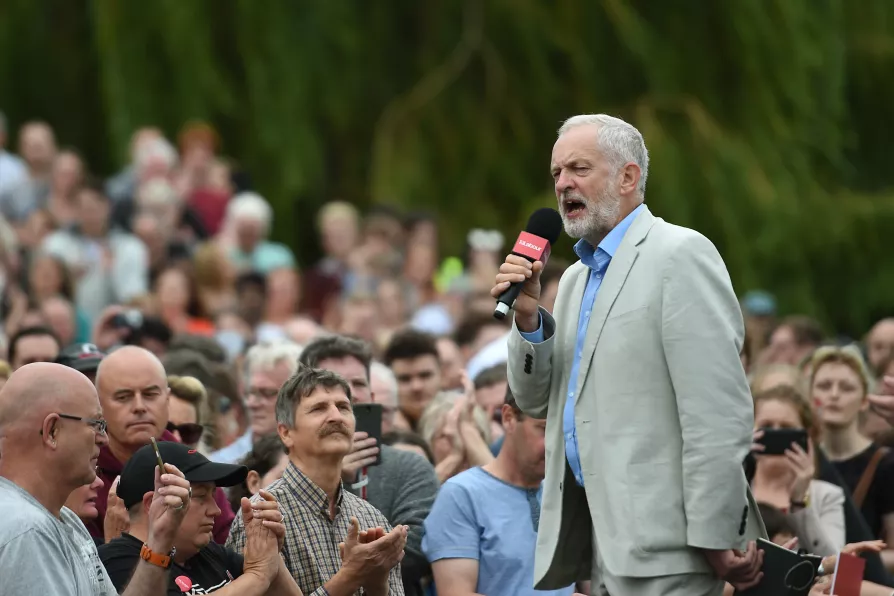John Wojcik pays tribute to a black US activist who spent six decades at the forefront of struggles for voting rights, economic justice and peace – reshaping US politics and inspiring movements worldwide

 Jeremy Corbyn addresses supporters at a rally in Willen Lakeside Park, Milton Keynes
Jeremy Corbyn addresses supporters at a rally in Willen Lakeside Park, Milton Keynes
IN recent British history we have never experienced, as we do today, such a clone-like consensus around right-wing orthodoxies between our two main political parties.
This has given rise to a political vacuum on the left, a vacuum that calls out to be filled — and there is no shortage of candidates with ideas about how to do just that.
One of the recurring suggestions is the need to form a new political party of the broad left as Labour appears to have abandoned all those traditions and principles on which the party was founded.

Now at 115,000 members and in some polls level with Labour in terms of public support, CHRIS JARVIS looks at the factors behind the rapid rise of the Greens, internal and external

Deep disillusionment with the Westminster cross-party consensus means rupture with the status quo is on the cards – bringing not only opportunities but also dangers, says NICK WRIGHT

VINCE MILLS gathers some sobering facts that would inevitably be major obstacles to any such initiative










